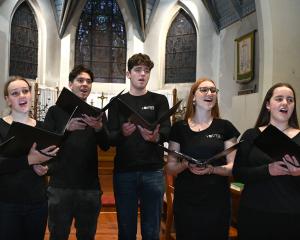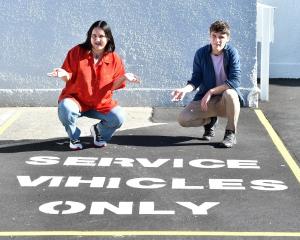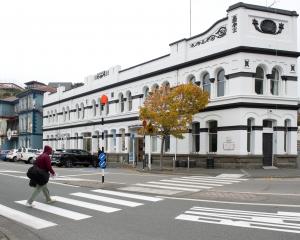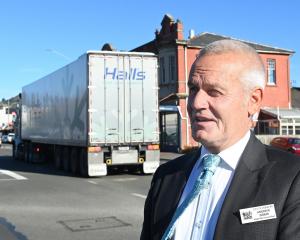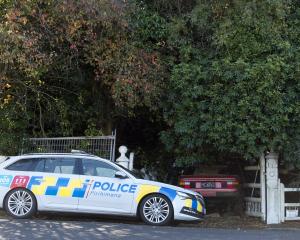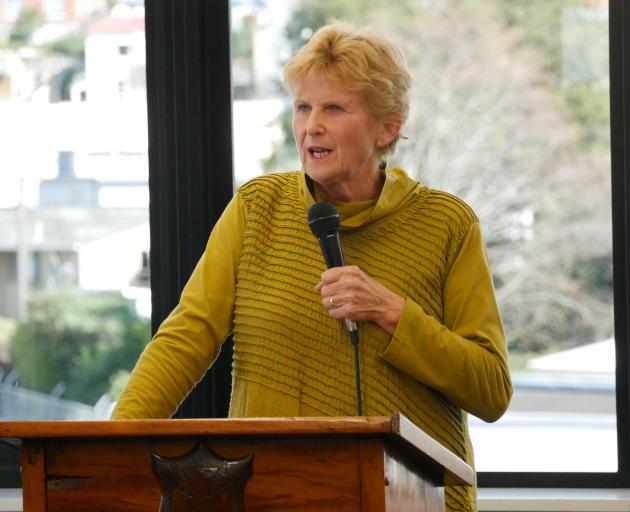
Being poor is expensive - especially when it comes to trying to access money for unexpected bills.
And that is why so many low income families are struggling under mountains of unaffordable debt - the consequence of having to borrow from loan sharks or third-tier lenders to replace a broken down washing machine or fix the car.

Presbyterian Support Otago practice manager Deb Gelling said PSO's Dunedin clients had a combined debt of $4.2 million, with an average debt per-person of $25,123, excluding mortgages. More than half (53%) had an annual income of less than $20,000.
Salvation Army Dunedin community ministries manager David McKenzie said there was a "debt crisis'' in the city, with those on low incomes falling prey to finance schemes filled with hidden pitfalls, costs and high interest.
Methodist Mission client support worker Sean Martin said people were faced with a confusing array of finance options, and may not understand exactly what they were signing up for.
"The bottom line is, it's expensive to be poor,'' he said.
Christian Helping Agencies Group (CHAG) organisations have welcomed this week's launch of a new Otago community finance programme - an extension of Good Shepherd NZ's national programme, in partnership with the Bank of New Zealand, and administered locally through Presbyterian Support Otago.
The initiative, supported by the Ministry of Social Development, offers (NILS) no-interest and StepUp low-interest loans to people who might otherwise turn to predatory lenders.
At Tuesday's launch, Dunedin mayor Dave Cull said it was becoming increasingly difficult for families to make ends meet, and break the cycle of problem debt.
Fairness, compassion and kindness were "essential parts of the city's DNA'' and the scheme was an example of that, he said.
It was a "wonderful partnership and wonderful initiative''.
Presbyterian Support Otago chief executive officer Jo Rowe said as families struggled more, the scheme was an "absolute blessing'' to the community.
Catholic Social Services community support worker Paul Barham said Dunedin still had a stubbornly low-wage economy, while the cost of living just kept going up.
"So, if they are hit with an unexpected bill, it can be a big problem.''
Ms Gelling said the housing crisis in Dunedin was real and impacting on the quality of life of many people.
"There simply isn't enough housing stock and what there is is getting more and more expensive, or unhealthy, or both,'' she said.
Mr McKenzie said while the Dunedin City Council and the Mayor's Taskforce on Housing had worked hard on the problem, the city continued to fall behind.
"The is an urgent need for more housing, and specifically social housing, to be built,'' he said.
Good Shepherd New Zealand board chairwoman Dame Diana Crossan said the scheme was not only about giving people money, but also giving them knowledgeable people to talk to about money.






